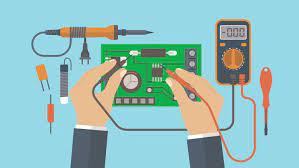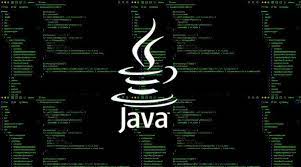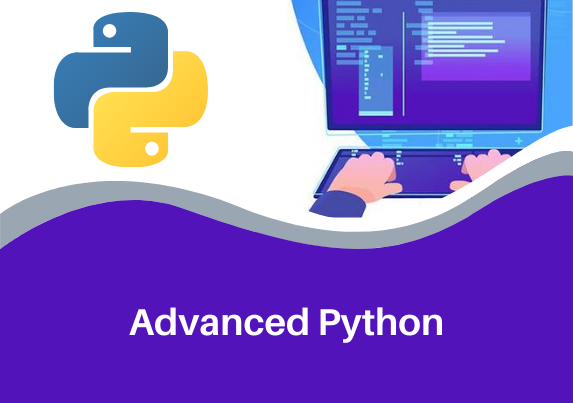Description
About the course
This course is about basic electronic circuits which include analog and digital circuits. In the analog part, you will learn about diode circuits, BJT amplifiers, Op-Amp circuits. In the digital part, you will learn about the combinatorial and sequential circuits. A unique feature of this course is the extensive use of circuit simulation results in order to give a realistic picture of the circuit operation and waveforms. Assignments are designed to help you to test your understanding of the concepts which are covered in this course. A free download of a circuit simulation package will be made available to enable you to simulate circuits covered in the course and gain further insight into their functioning.
Learning Outcomes
After completing this course, you will be able to:
- Understand the basic operations of BJTs and amplifiers.
- Understand the working of electronic circuits.
- Design your own circuits easily.
- Simulate circuits, analyze, and work with them.
- Boost your hireability through innovative and independent learning.
Target Audience
The course can be taken by:
Students: All students who are pursuing any technical/professional courses in Electronics and Communication/Electrical Engineering.
Teachers/Faculties: All teachers/faculties from Electronics and Communication/Electrical Engineering domain who wish to upgrade their skills.
Professionals: All working professionals from the core electronics industry.
Why learn Basic Electronics?
Electronics has a major role to play in virtually every industry. It increases productivity in sectors like oil, energy, and agriculture. Steel, petroleum, chemical industries depend on electronics for daily processes and functions. Electronics constitutes the largest branch of engineering. In 2002, electronics professionals had around 292,000 jobs out of which most were employed in professional, scientific, and technical services firms as well as government organizations. Some were employed by manufacturers of computer and electronic equipment & machinery, and the remainders were offered placements in firms that dealt in wholesale trade, communications, and utilities. Therefore, favorable employment opportunities are anticipated for electronic professionals especially in the service industries. Job opportunities would also result from retirement and transfers of existing electronic engineers.
Course Features
24X7 Access: You can view lectures as per your own convenience.
Online lectures: 33 hours of online lectures with high-quality videos.
Hands-on practice: Includes source code files for hands-on practice.
Updated Quality content: Content is the latest and gets updated regularly to meet the current industry demands.
Test & Evaluation
1. During the program, the participants will have to take all the assignments given to them for better learning.
2. At the end of the program, a final assessment will be conducted.
Certification
1. All successful participants will be provided with a certificate of completion.
2. Students who do not complete the course / leave it midway will not be awarded any certificate.





Reviews
There are no reviews yet.